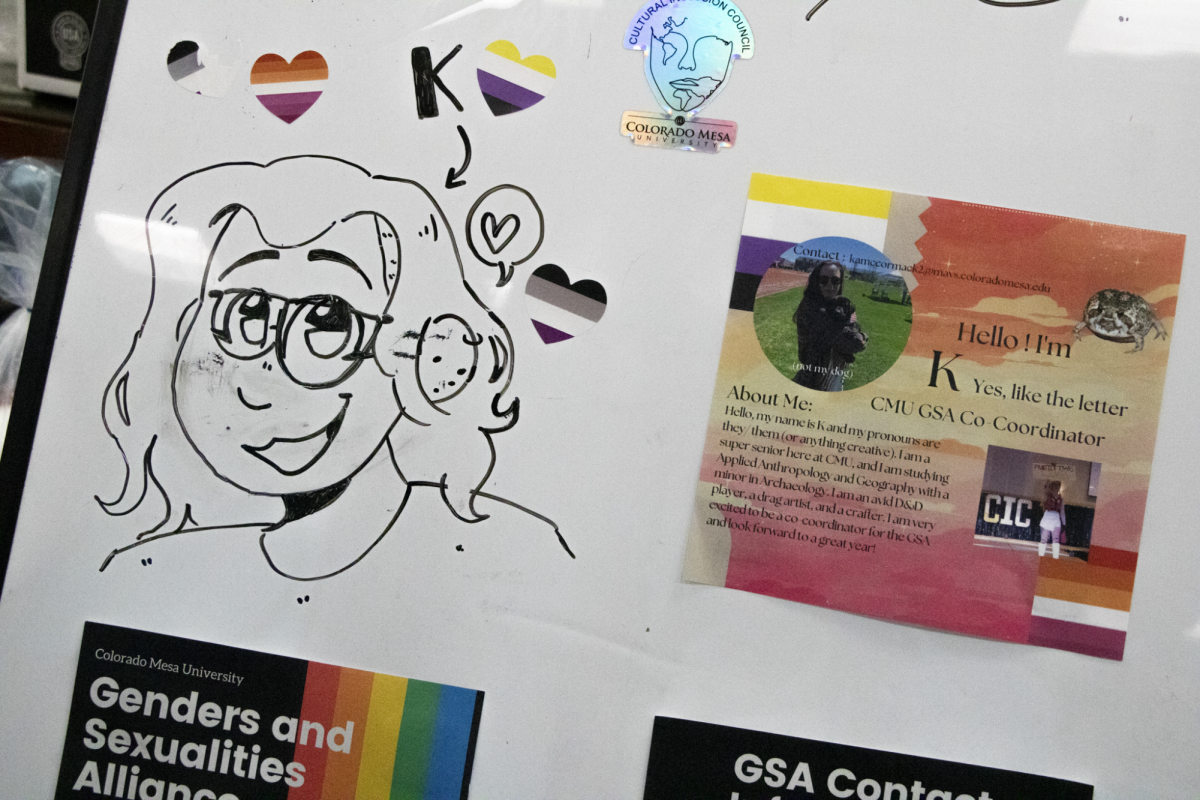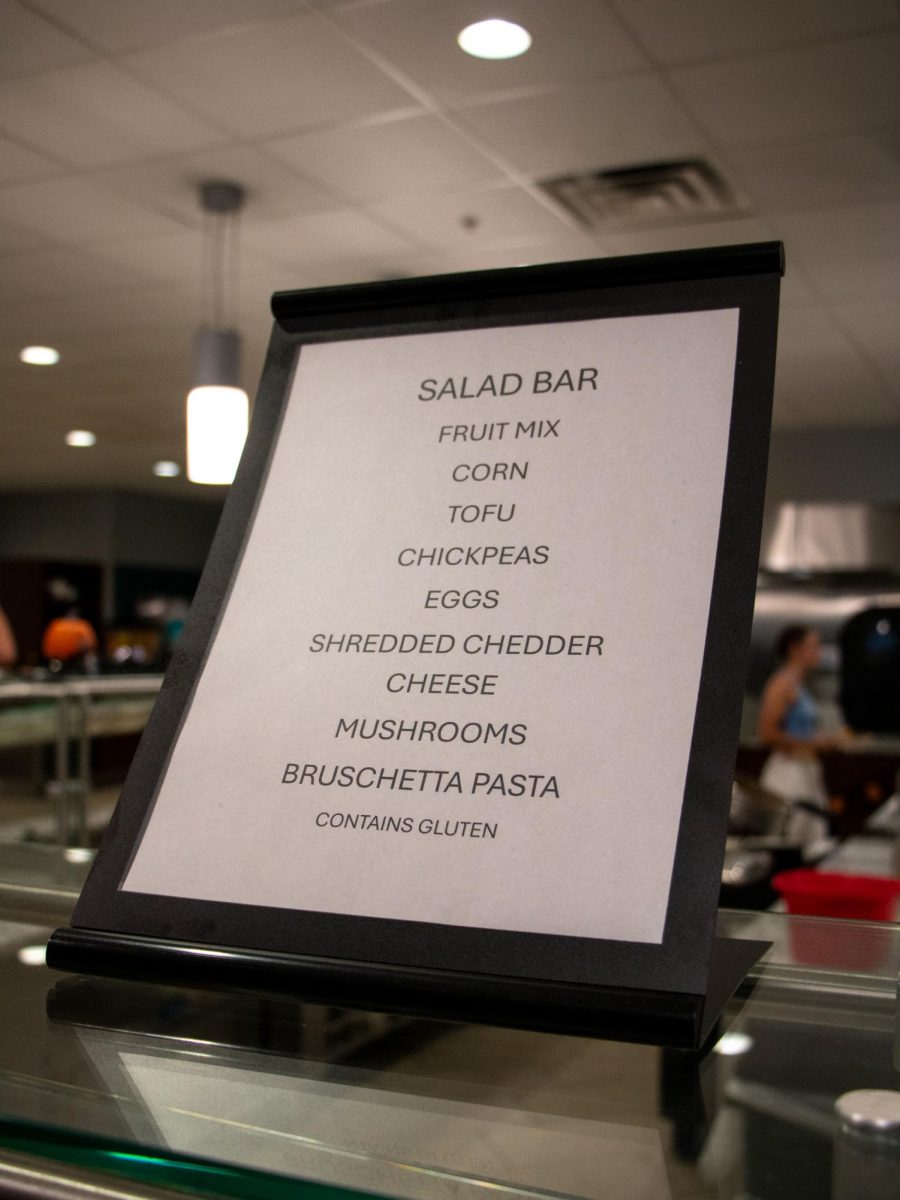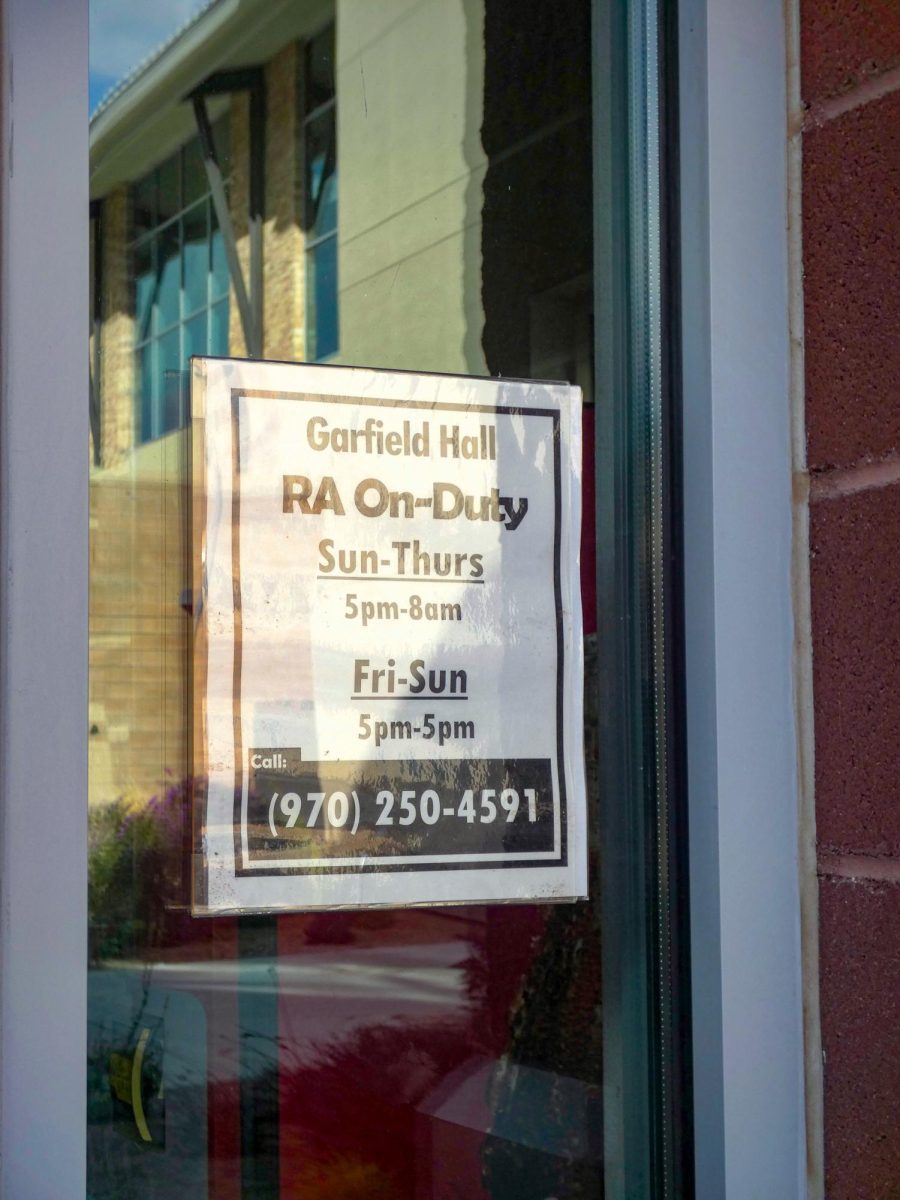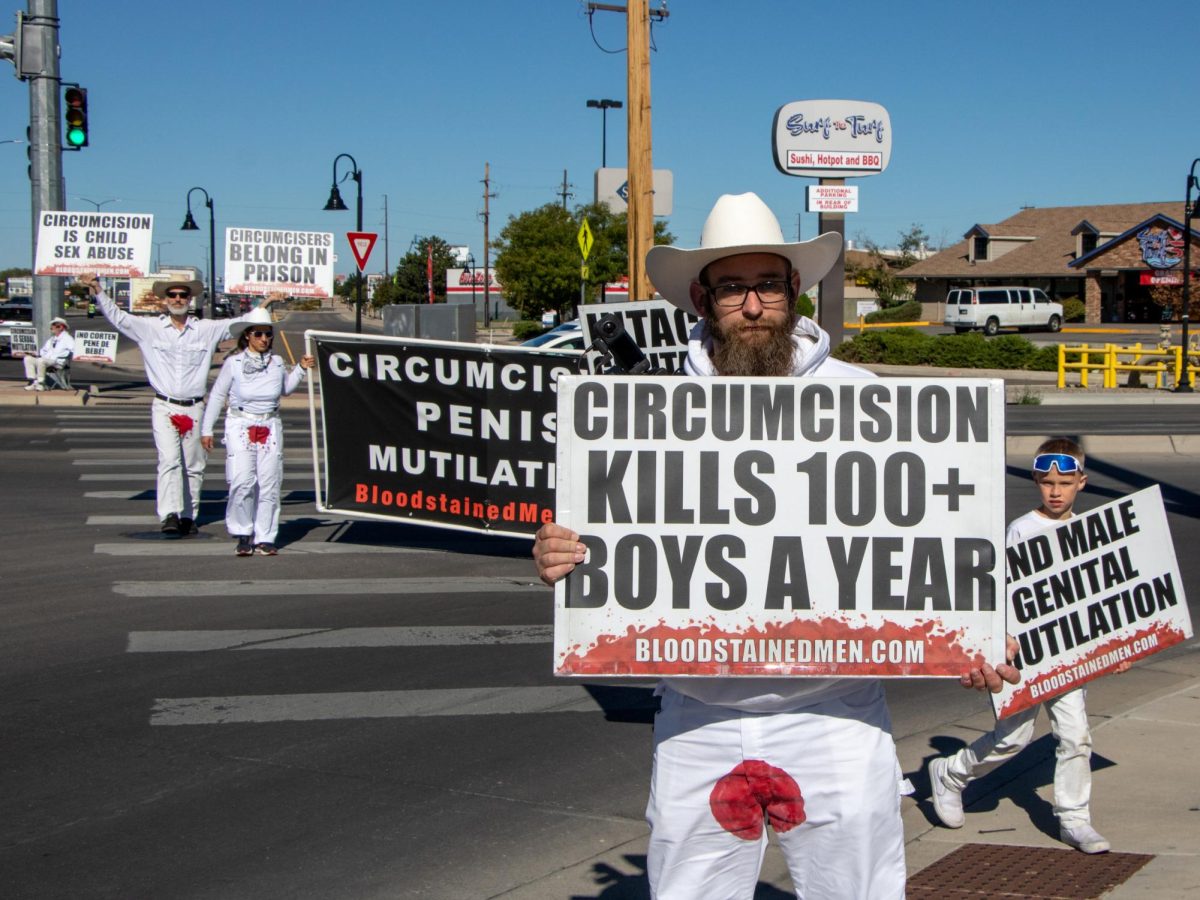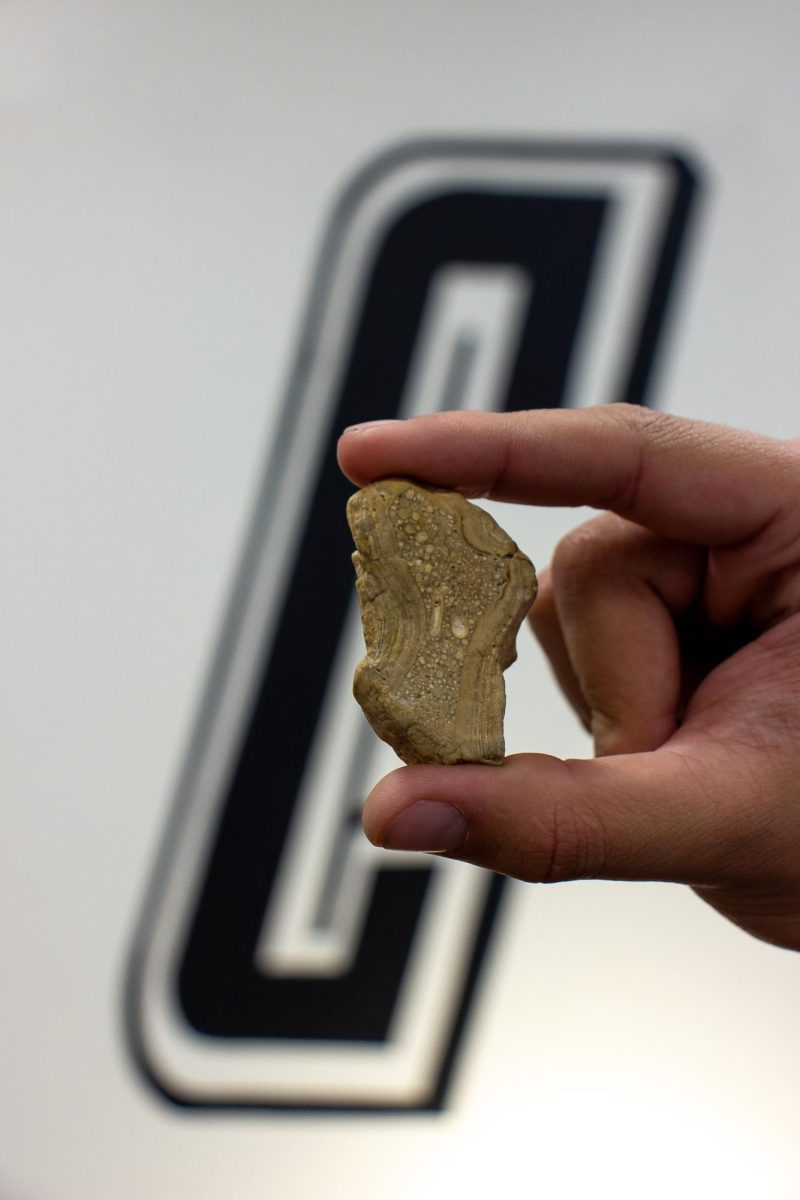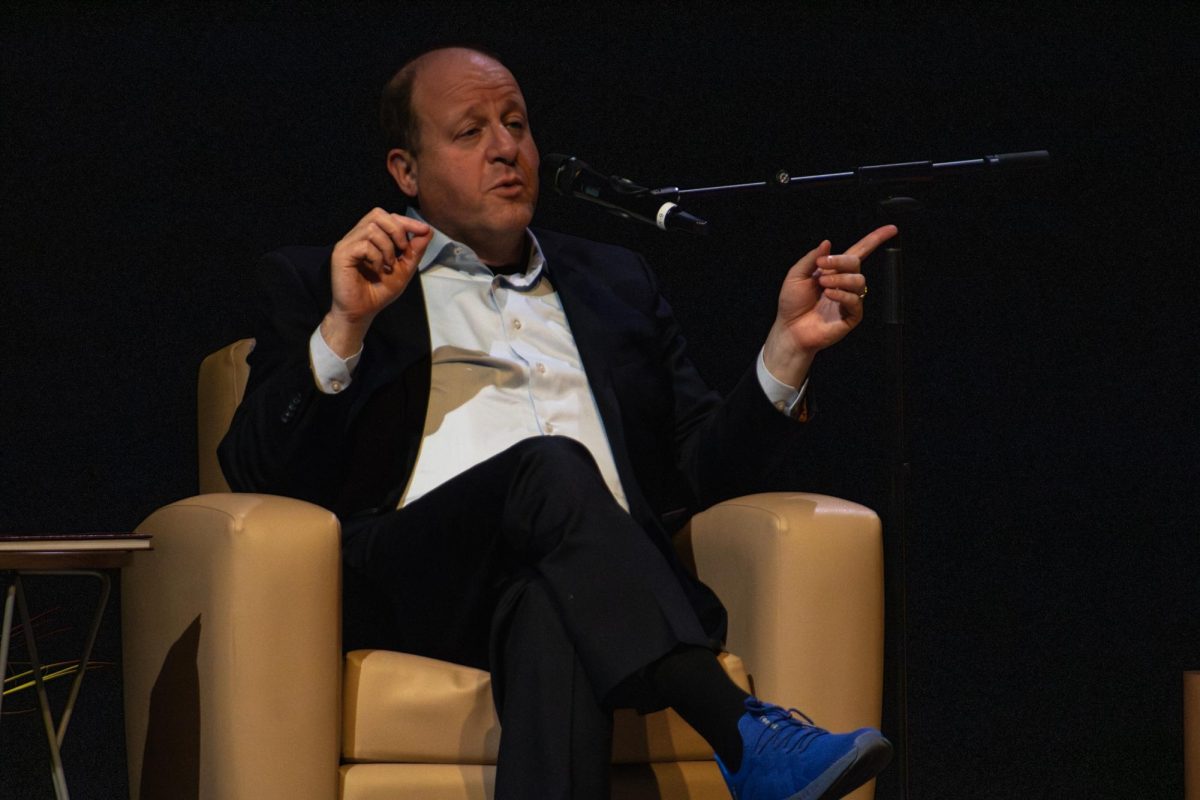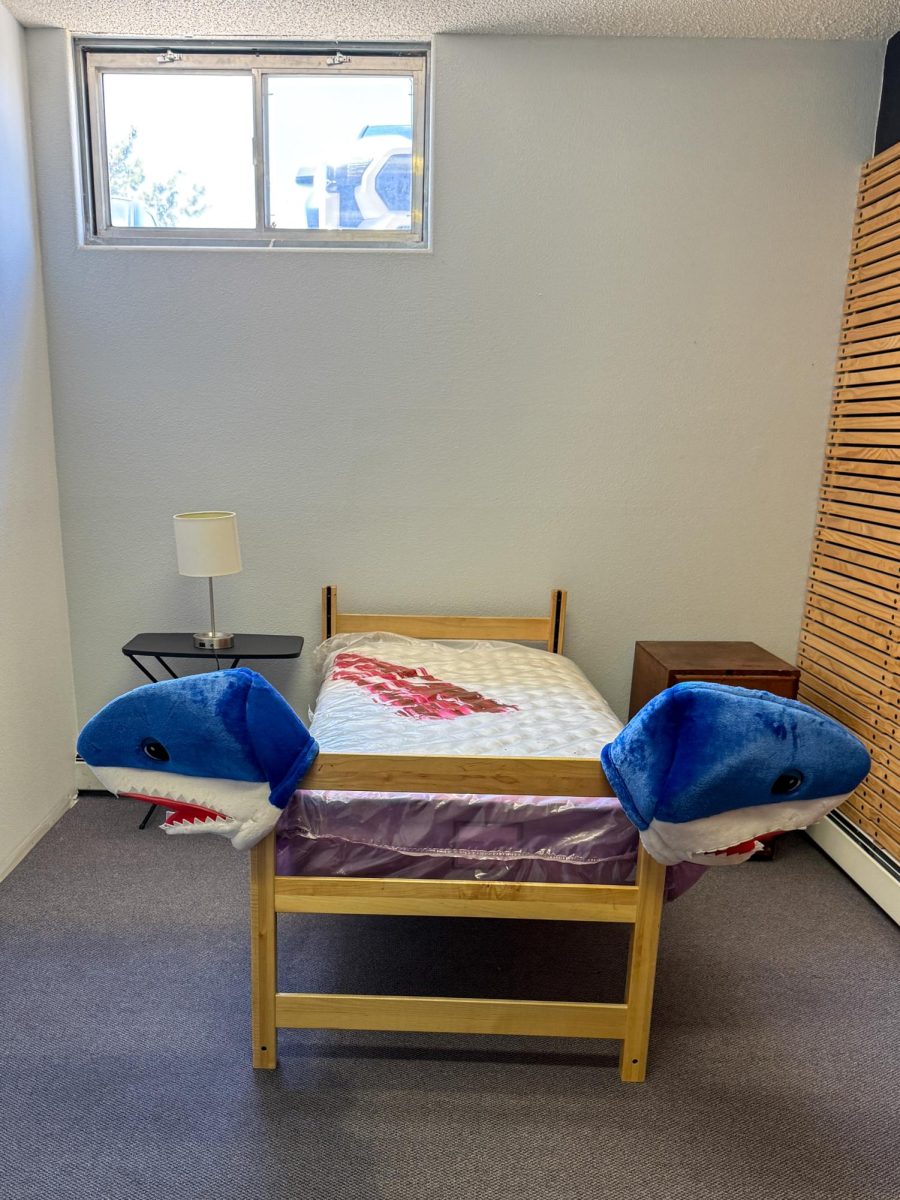Genders and Sexualities Alliance (GSA) have created a way for queer students to document negative experiences — the Queer Harassment Form. They say that too many queerphobic interactions between students at CMU end up as anecdotes passed between LGBTQ+ students.
According to the University of California’s Williams Institute, LGBTQ+ students in college experience poor mental health, bullying and harassment at higher rates when compared to their non-LGBTQ+ peers.
Queer students often find it difficult to advocate for themselves after an incident of harassment. This creates an internalized discomfort that the GSA’s co-coordinators frequently notice.
“As a co-coordinator for three years, I’ve heard so many complaints about different microaggressions on campus and it just goes nowhere,” said the GSA co-coordinator, Abby Brownell. “I think it’s very important to at least report these kinds of things, so that’s the purpose behind this.”
Due to a lack of data-based evidence, some students argue that queerphobia does not happen on campus at all. GSA stand against that narrative.
“Look, queerphobia is a thing and we’re documenting it,” said new GSA co-coordinator K McCormack. “This thing might not seem serious to everyone, but it may cause someone else to say, ‘Hey, man, I really have to report this or talk to someone, and I need space.’”
To bridge the gap between anecdotes and lack of documentation, McCormack began work on what they call the Queer Harassment Form.
“This is a way for students to be able to report any harassment that they face on campus for being queer,” said McCormack. “Even if you’re not queer, and see people saying queerphobic things, you can use it and document it.”
The Queer Harassment Form benefits students by posing a variety of questions about their experiences. They can document their concerns and vent their frustrations.
“I think this is a really important part of advocacy because if a student is like, ‘Um, I don’t think this is worth telling,’ that is what this system is for,” said McCormack. “I get called a slur almost every week, which seems like nothing to me, but for someone else, it might be their first experience with it. It can be really jarring.”
Students can detail their encounters with flexibility and complete anonymity. If the form does not account for an experience, students can submit alternative answers to each question.
With an estimated 30% increase in CMU’s enrollment last year, student responses only grow more relevant. McCormack plans to use their responses to identify areas of growth.
“This is a way for me to get a bunch of statistics and show them to higher ups,” said McCormack. “I can take it up to Trey Downey in Student Life and he can do something about it, or at least have it be known. Half the battle is letting people hear us.”
McCormack said that this is not a replacement for the ‘Report It’ feature in MAVzone.
In the face of adversity on campus, many queer students have stressed the need for documentation.
“It’s definitely very necessary and you can’t always do something about it through the school system,” said English major Aidan Leschen. “If there’s a place for people to feel more welcome, I think that’s extremely amazing.”
To avoid misuse from students with negative intentions, GSA will not publicly post the form. However, it will be accessible in the Student Life office and during GSA meetings.
Despite this limited access, GSA encourages queer students to submit their stories.



